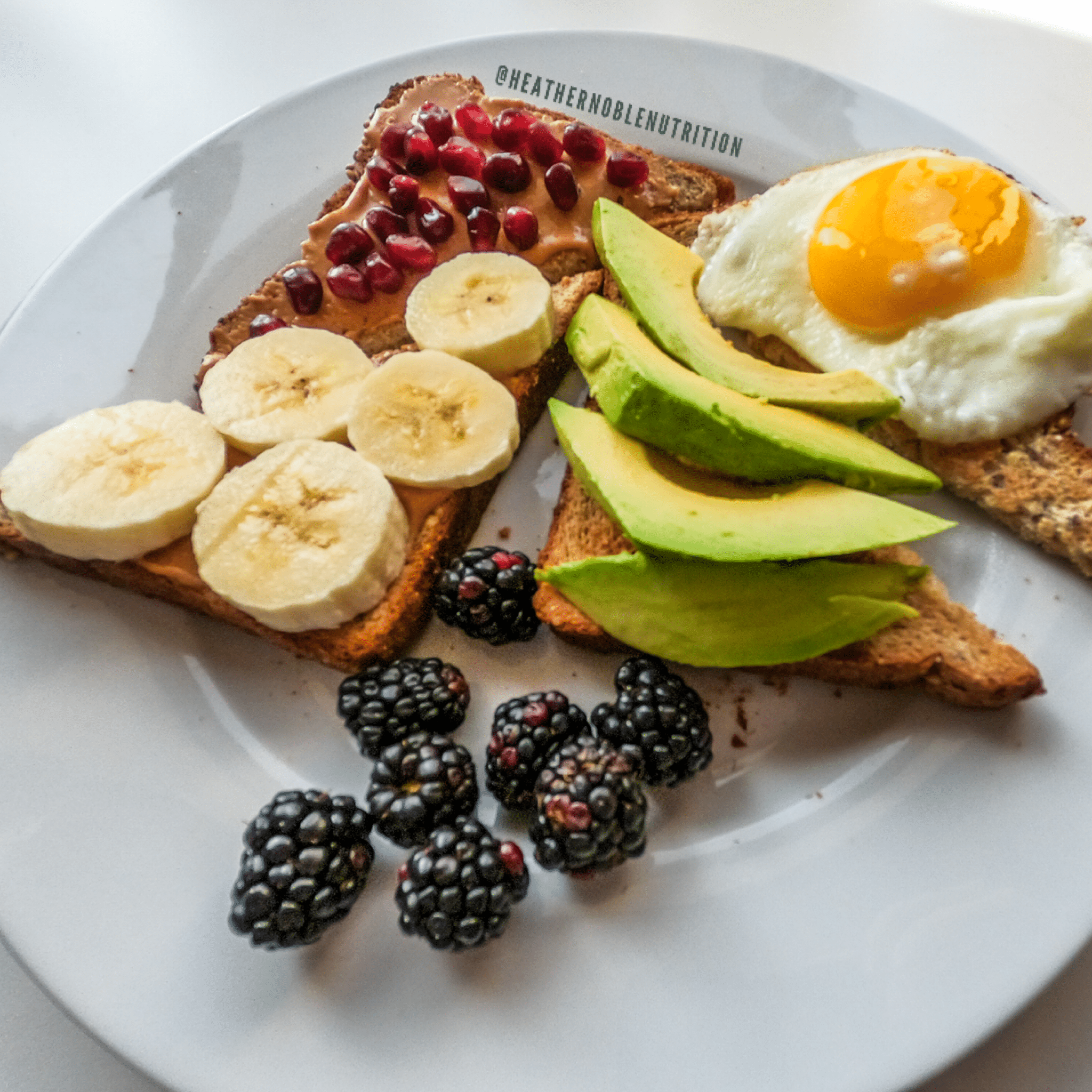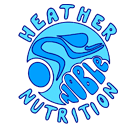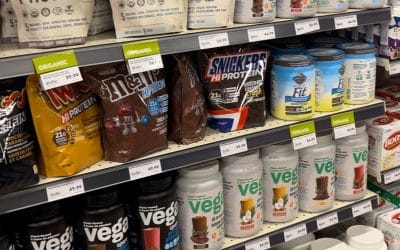Written By: Heather Noble, RD

Navigating Food Rules, Fear Foods, and Disordered Eating
Eating disorders and disordered eating often lurk in the shadows, undiagnosed and unrecognized. In today’s society, various factors including diet culture, fad diets, and misinformation, shape our relationship with food and our bodies, blurring the line between what’s healthy and what’s harmful.
Recognizing the Red Flags
It’s crucial to pause and reflect on our eating habits. Are we meticulously counting calories or thinking about food all the time? Do we feel guilty after enjoying a treat or feel the need to compensate with excessive exercise or restriction? These behaviours are often red flags signalling a potentially unhealthy relationship with food.
Understanding Food Rules
Many of us unknowingly adhere to rigid food rules, often learned from our childhood or influenced by societal norms. Whether it’s finishing everything on our plate or categorizing foods as “good” or “bad,” these rules govern our eating habits and can leave us feeling guilty or ashamed when they are broken. We were not born thinking “I can’t eat past 8 pm” or “I can only eat desert on the weekend”. Food rules feel rigid, and if/when they are broken (which is almost always inevitable), we may feel irritable, guilty, and/or anxious & feel as though we have done something wrong or bad.
Examples of Food Rules:
- “I have to finish everything on my plate.”
- “I can only go get seconds if someone else gets seconds.”
- “I only eat dark chocolate, not milk chocolate.”
- “Quinoa is healthy, rice is not.”
- “I must eat under 1500 calories a day.”
- “I can’t have desert two days in a row.”
Finding the balance between setting ‘healthy’ limits and being restrictive is crucial in fostering a positive relationship with food. While limits can provide structure and promote a healthy eating pattern, they should also allow for flexibility and guilt-free indulgence. This balance can be especially challenging for individuals recovering from eating disorders or disordered eating. Completely cutting out certain foods tends to not be sustainable, and can lead to increased cravings and feelings of loss of control. Instead, incorporating foods in moderation helps normalize them and removes the sense of ‘forbidden-ness.’ It’s vital to grant yourself permission to enjoy all foods in moderation, recognizing that each has a place in a balanced diet.
Navigating Fear Foods
Fear foods, those we avoid due to anxiety or fear of weight gain, play a significant role in disordered eating patterns. For some, it may be sugary treats like cookies or chips, while for others, it could be carbohydrates or fats. These foods become off-limits, perpetuating a cycle of restriction and guilt.
Examples of Fear Foods:
- Sugary Treats: Many individuals harbour anxiety around desserts or sugary snacks, fearing they will “derail their progress” or lead to weight gain.
- Carbohydrates: Carbs, often demonized in popular diet culture, can become a source of fear for those striving for a lean physique or battling disordered eating. Where in fact, carbs are not the enemy, and our body needs them. Fun Fact: Our brain alone needs a minimum of 130g carbohydrate every day to function optimally- This is the equivalent to 2 bagels + 1 banana!
- Fats: Similarly, fats are often vilified, leading to fear and avoidance, despite their essential role in a balanced diet.
Challenging Beliefs
To break free from these constraints, we must first identify and challenge our beliefs about food. Where did these beliefs originate, and do they serve our overall well-being? Slowly introducing flexibility and variety into our diet can help dismantle rigid rules and foster a healthier relationship with food.
Seeking Support
For those struggling with disordered eating, seeking professional help is crucial. Working with a dietitian and therapist can provide the necessary guidance and support to overcome challenges and develop a positive relationship with food and body.
Final Thoughts
Eating disorders are complex mental health issues that require comprehensive treatment. As a Registered Dietitian, my mission is to empower individuals to reclaim their relationship with food and find balance, both on and off the plate. Remember, you are not alone, and support is available to help you navigate the journey toward a healthier, happier relationship with food.
Written By: Heather Noble, RD




